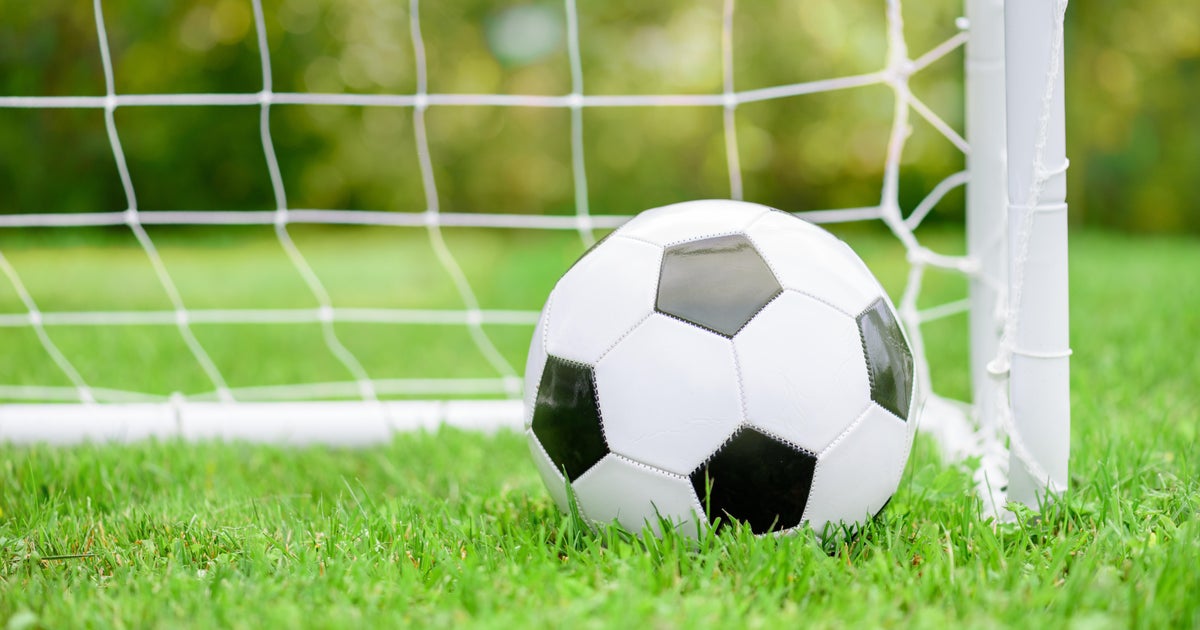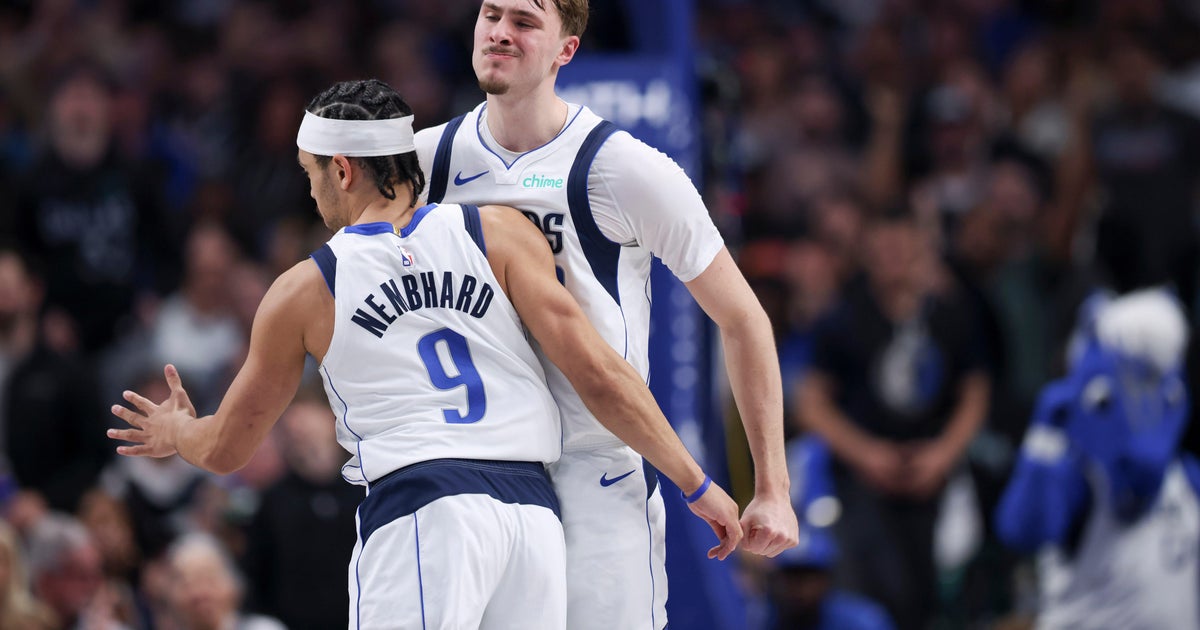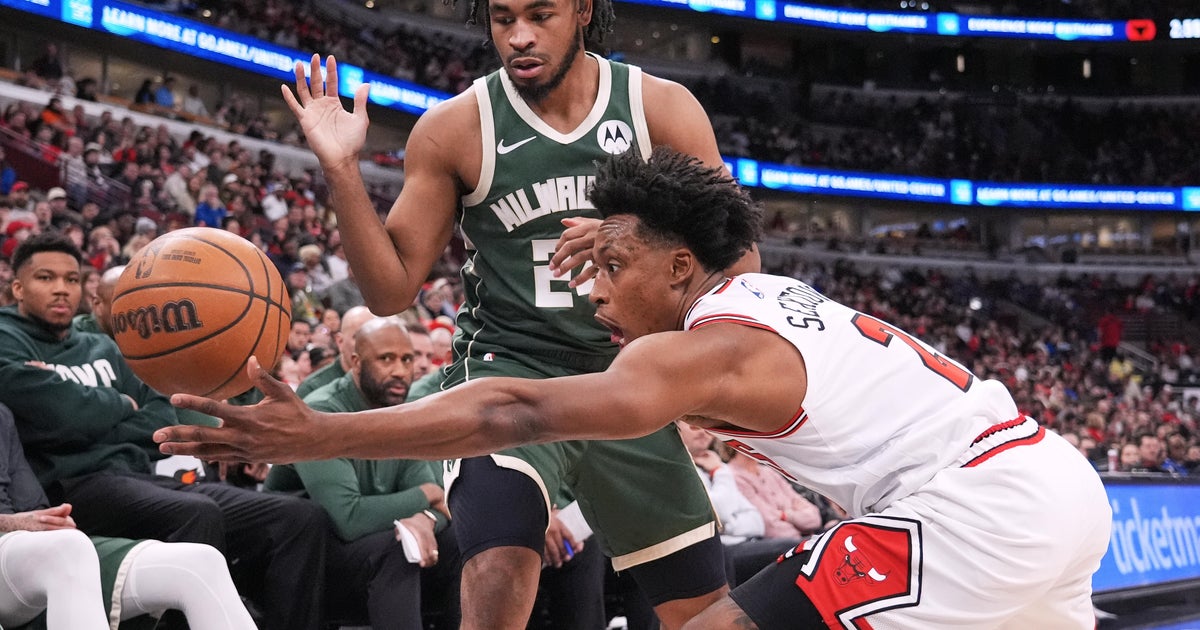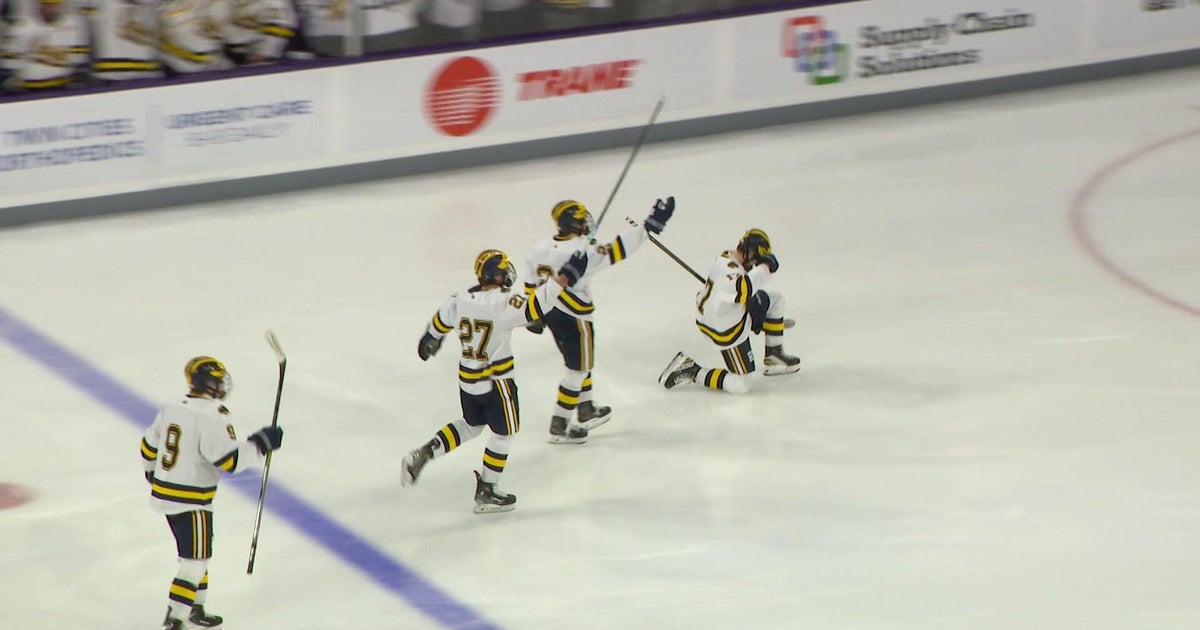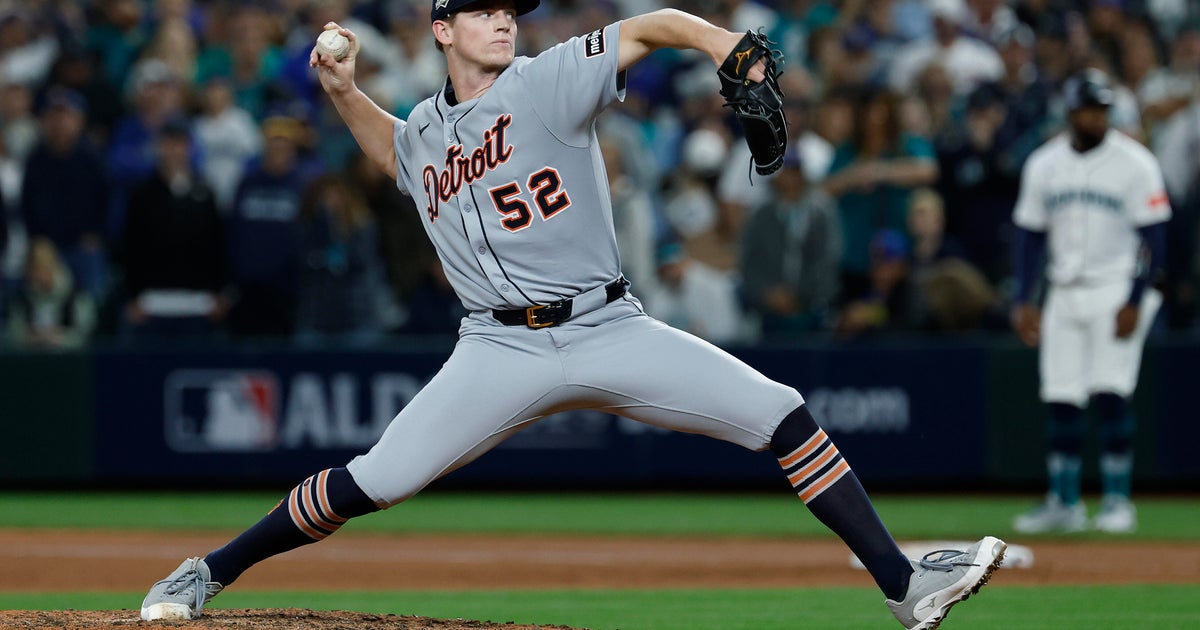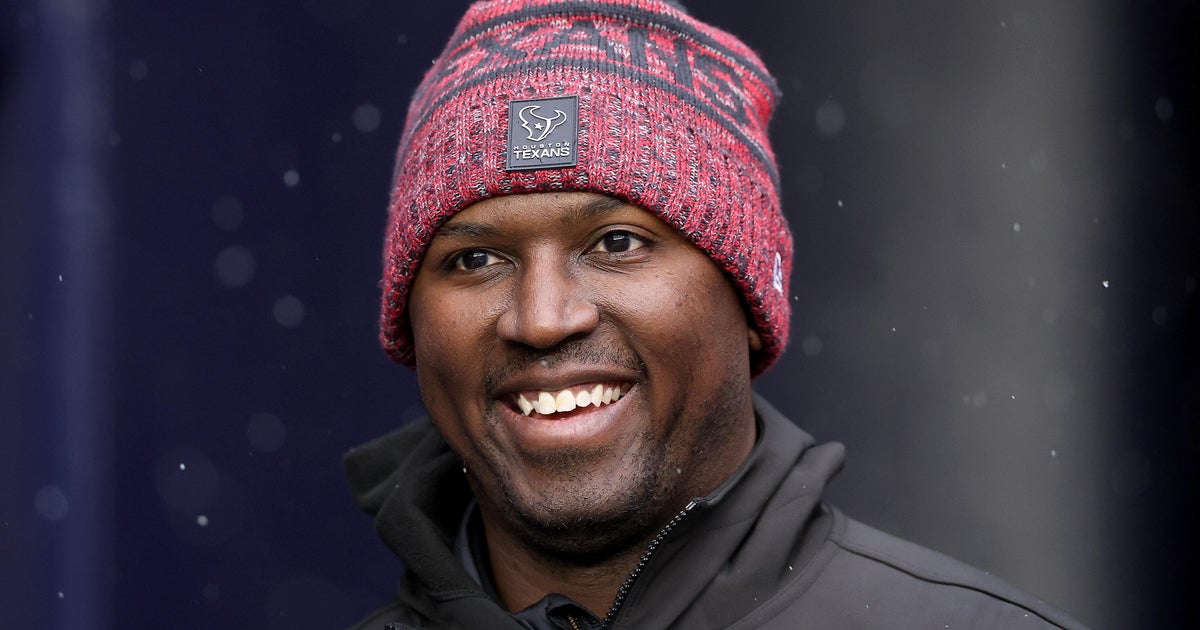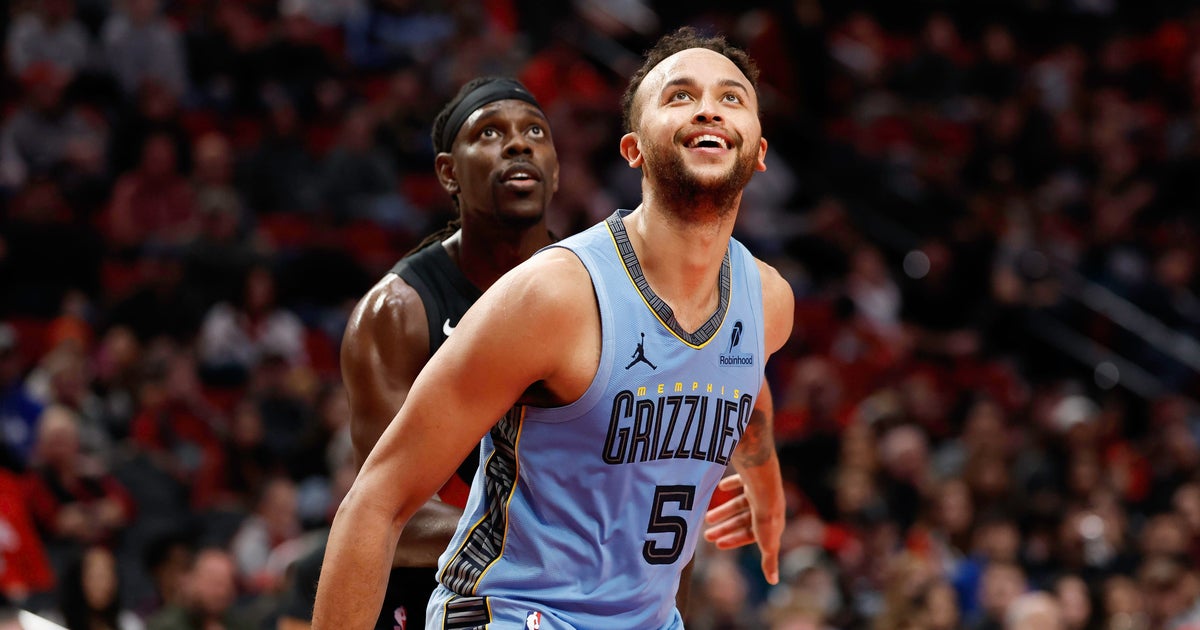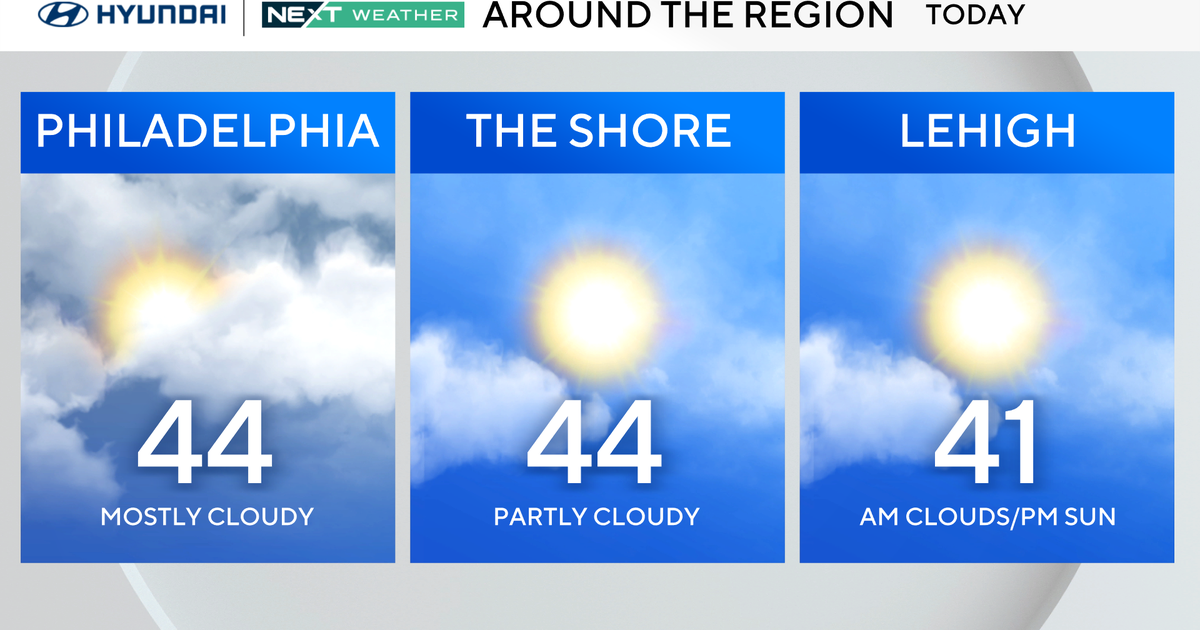The NFL's roughing the passer problem gets even worse with Chris Jones' hit on Derek Carr
BOSTON -- When Grady Jarrett was flagged for routinely tackling Tom Brady on Sunday, thus robbing the Falcons of a chance to win their game against the Buccaneers, it figured to stand as the worst call of the week in the entire NFL.
It may still be the worst call of the week, but it now has some real company.
This time, it was veteran defensive tackle Chris Jones and the Chiefs who (rightfully) feel quite wronged by a roughing the passer penalty. Late in the second quarter, Jones came in from behind Raiders quarterback Derek Carr and made a dynamite, game-changing play. Jones not only sacked Carr, but he also ripped the ball free and secured it himself, all in one motion.
As far as sacks go, this was as good as it gets.
The officiating crew, though, disagreed.
After the officials huddled for quite a while, referee Carl Cheffers stepped in front of 76,000 rabid Chiefs fans and announced a roughing the passer penalty. Fittingly, Cheffers called the penalty on No. 97 instead of No. 95, which may have been the least egregious part of the whole fiasco.
The flag was thrown because of this part of the rule: "The defensive player must strive to wrap up the passer with the defensive player's arms and not land on the passer with all or most of his body weight." (UPDATE: After the game, which the Chiefs narrowly won, Cheffers said that this was indeed the reason for his call.)
Technically, most of Jones' body weight did fall on Carr. But ... they were also playing tackle football, and such a result is often necessary for a tackle to be completed. And the rulebook does state that a defender "must strive to fall to the side of the quarterback's body, or to brace his fall with his arms to avoid landing on the quarterback with all or most of his body weight." Jones did appear to brace his fall with one arm, while the other secured the recently stripped football.
(ESPN color commentator Troy Aikman, in response to the play, said, "My hope is the competition committee looks at this in the next set of meetings and we take the dresses off." That comment is sure to draw attention, in addition to the call itself.)
The result of the call meant that instead of a first-and-10 for the Chiefs at the Raiders' 42-yard line, it was a first-and-10 for the Raiders at the Chiefs' 40-yard line. The Raiders would end up kicking a field goal on the drive that was kept alive by Cheffers, growing their lead to 20-7.
The Chiefs ended up putting together a rapid field goal drive before halftime to cut the lead to 20-10, but that hardly made anybody in Kansas City feel better about that call.
After Sunday's game in Tampa Bay, referee Jerome Boger said that he was not influenced by the ongoing Tua Tagovailoa situation when he flagged Jarrett for tackling Brady. Whether or not that's the case, two high-profile calls are sure to raise even more questions about NFL officiating -- ones that the league may have to eventually answer.
